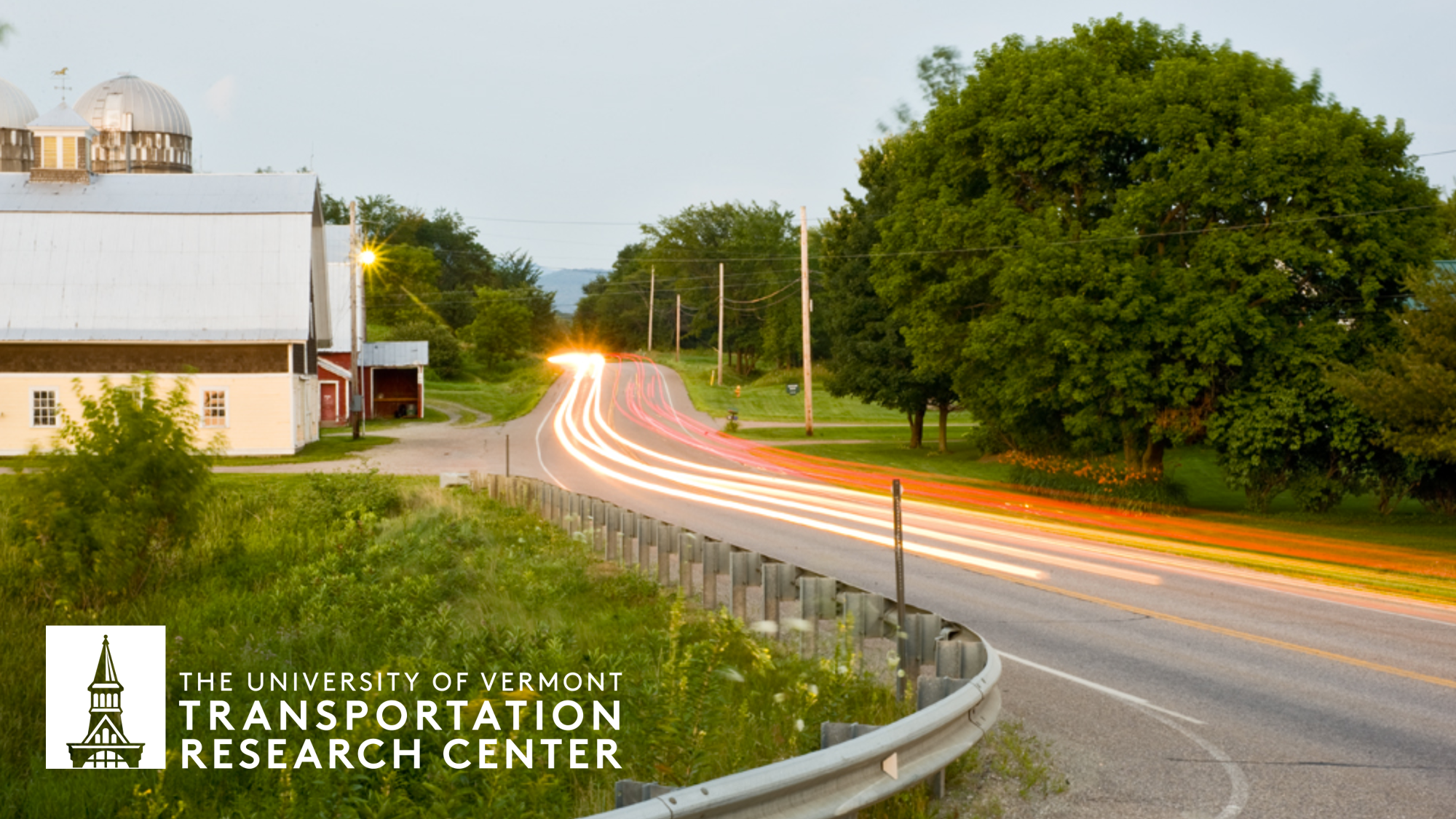
University of Vermont Transportation Research Center
Document Type
Article
Publication Date
2023
Abstract
In the United States, transportation fuel excise taxes commonly referred to as the “gas tax” provide a large share of funding to state agencies for transportation maintenance and construction projects. The revenue generating capacity of the gas tax is threatened by increasing vehicle fuel efficiency, electric vehicles adoption and inflation. Alternative funding schemes are necessary, but public acceptance of tax changes is low. We surveyed residents of Vermont, Maine, and New Hampshire to gauge understanding of and support for a mileage-based user fee and a flat fee as potential replacements for the current gas tax and the potential to modify support through education. Throughout the survey, respondents were provided information and learning opportunities to “myth bust” common misconceptions about the gas tax and the potential policy alternatives. We find that, before education, respondents knew very little about how the current gas tax works and showed minimal support for the proposed policy alternatives. Post education, support for mileage-based user fees increased by 11%. Using regression modelling, we determined that respondent attitudes and beliefs, travel behavior, community type, and personalized cost estimates were all highly significant predictors of policy support. Overall, we find responding to common public concerns with up-to-date and non-biased information within a relatively simple learning experience can cause substantial changes in policy support. Our findings offer an avenue to understand how support for gas tax alternatives varies amongst different groups of people and the role that education can play in increasing policy support in the face of widespread misconceptions.
Creative Commons License

This work is licensed under a Creative Commons Attribution-NonCommercial-No Derivative Works 4.0 International License.
Recommended Citation
Nelson, Clare and Rowangould, Gregory, "The Role of Information and Education on Modifying Support for Gas Tax Alternatives using an Informed Choice Questionnaire" (2023). University of Vermont Transportation Research Center. 273.
https://scholarworks.uvm.edu/trc/273


Comments
Transportation Research Center Working Paper